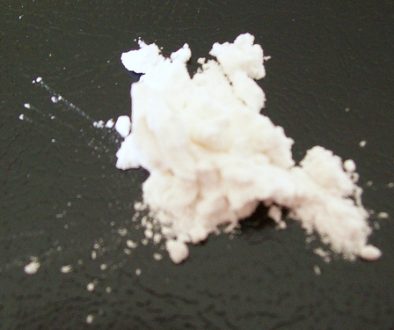Understanding Brimage For Drug Crimes In New Jersey
New Jersey, unlike Pennsylvania, maintains several mandatory minimum sentences and extended terms for many illegal drug and narcotic crimes in the Garden State. These crimes include the following:
- distribution, dispensing or possession of controlled substances within a thousand feet of a school property (2C: 35-7; 2C: 35-5)
- manufacturing, distributing, or dispensing controlled substances (repeat offender)
- using a juvenile in a drug distribution scheme (2C: 3506)
- maintaining or operating a controlled, dangerous substance production facility (2C: 35-4)
- distribution or possession with intent to distribute a controlled substance – 1st degree (2C:35-5)
These crimes are otherwise known as Brimage eligible offenses and New Jersey requires that each county within the Garden State maintains uniformity in the disposition of all these cases. What this means is the offer from the prosecution on a “Brimage” offense will be the same regardless if it occurs in Camden, Gloucester, Mercer, Burlington, Cape May, Atlantic, or any other county within the state of New Jersey where our Criminal Defense firm practices. This is very similar to the federal sentencing guidelines which do not allow either the prosecution or the court to deviate from standard sentencing guidelines unless there is evidence permitting the court to do so.
Brimage Guideline Offers
The prosecution will make a Brimage offer based on a worksheet which considers the following elements:
- The quantity of CDS and degree of crime
- Whether or not a weapon was involved or used
- Prior criminal history
- Whether the accused is a repeat offender (i.e. has a prior distribution/intent to distribute offense)
- Subject to an extended term of imprisonment under 2C: 43-6(f)
- The total score for aggravating and mitigating factors computed by way of the brimage plea negotiated worksheet.
Brimage Negotiations
Prosecutors are not permitted to negotiate without a Brimage calculation, and the court will not approve any plea offer which fails to indicate that the worksheet was completed in preparation of a plea agreement.
While the worksheet takes into account a number of aggravating factors such as whether or not children were present, a police officer was injured, or the crime was part of a larger sophisticated drug operation, it also considers mitigating factors such as voluntary renunciation, drug treatment, no prior criminal history, and a youthful offender (less than 21 years of age).
If you’re charged with a drug crime in New Jersey it is very important that your attorney discuss with you the possibility that your matter falls under a Brimage eligible offense. This means that you are facing substantial mandatory minimum sentencing. There are specific tables within the Brimage guidelines which your attorney should speak to you about. These tables provide standard, mitigated, and aggravated sentences based on prior criminal history, the specific offense, and whether a weapon was used. The tables also set forth specific offers based on the timing of the offer. Plea offers from the prosecutor’s office will escalate with the lowest at the pre-indictment stage and increasing from that point to the initial post-indictment, to the final post-indictment conference.
If you have questions about Brimage offenses in New Jersey, I encourage you to contact our law firm. Never accept a plea under the Brimage guidelines unless your attorney has thoroughly explained how the prosecution arrived at this specific offer in your case.



